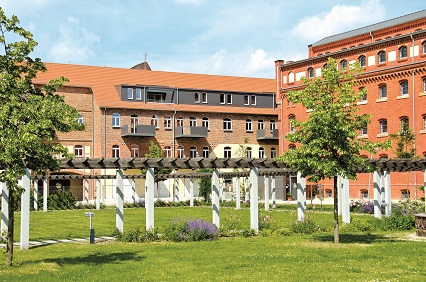How Can Housing Co-operatives Contribute to Reducing Climate Change?

Germany is well known for its long history and importance of housing cooperatives. These organizations have and continue to play a crucial role in the housing sector. According to statistics there are around 3.000 housing cooperatives with over two million apartments and over three million members in Germany (Cecodhas, 2008) providing housing to communities and people. Unfortunately, there is little information about the current approach and position of housing cooperatives in achieving a significant reduction of energy consumption to meet the EU emissions targets in housing. We also lack precise information on the place that energy efficiency takes in the statute of these cooperatives.
The Solidarity City project started by TU-Berlin in cooperation with specialized partners coming from different disciplines will, among other issues, identify the problems and challenges that these housing cooperatives face in terms of organization and management, resources and capacities regarding energy efficiency. Also an analysis of the degree of awareness of both management and communities, as well as the extent to which people and communities in housing cooperatives are informed, motivated to get involved or participate in decision-making processes regarding energy-efficient renovations and maintenance, will be carried out. In this study facts about the current condition in the region of Berlin through case studies that represent both old and newly established cooperatives of different sizes will be presented. We hope that this paper will bring some new insights to the significant role that the housing cooperatives can play in energy-efficiency in housing, aiming to fill the existent gap in the literature in this field.
Download the paper here.

